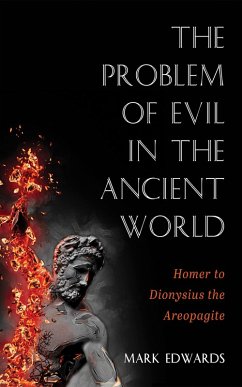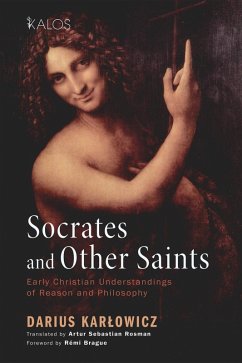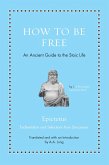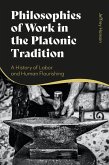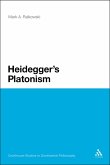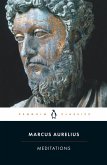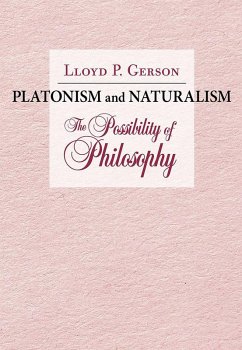The aim of this book is to ascertain how ancient Greek and Latin authors, both pagan and Christian, formulated and answered what is now called the problem of evil. The survey ranges chronologically from the classical and Hellenistic eras, through the Roman era, to the end of the pagan world. Six of the twelve chapters are devoted to Christianity (including Manichaeism), as one thesis of the book is that the problem of evil takes an acute form only for Christians, since no other philosophy of antiquity posits a personal God exercising providence over individuals without having to overcome countervailing forces. None the less it will also be shown that Greek philosophies, Platonism in particular, come close to the Christian formulation. Being conscious of the affinity between Greek thought and their own, early Christians respond to the problem of evil in the same way as the philosophers, by questioning the existence of evil rather than of the divine.
Dieser Download kann aus rechtlichen Gründen nur mit Rechnungsadresse in A, D ausgeliefert werden.

